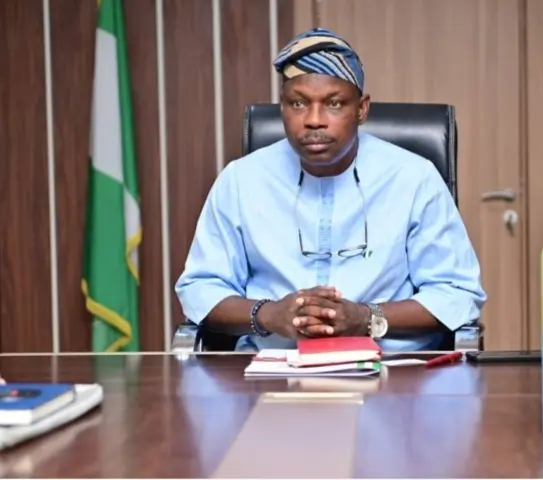Nigeria’s Healthcare Transformation: A Focus on Reversing Medical Tourism
Nigeria, Africa’s most populous nation, is embarking on an ambitious journey to revitalize its healthcare sector. The primary objective is to curtail the outflow of Nigerians seeking medical treatment abroad, commonly known as medical tourism, by enhancing the quality and accessibility of domestic healthcare services. This initiative aligns with President Bola Ahmed Tinubu’s vision of transforming Nigeria into a regional medical hub, attracting patients not only from within the country but also from the broader West African region. The recent participation of the Minister of State for Health, Iziaq Adekunle Salako, in the BRICS summit in Brazil underscores this commitment. The summit provided a platform for Nigeria to engage with global health leaders, share experiences, and forge partnerships to address common health challenges.
Nigeria’s healthcare transformation strategy focuses on several key areas, including tackling both communicable and non-communicable diseases. Neglected tropical diseases like tuberculosis and leprosy, along with prevalent conditions such as hypertension and diabetes, are being prioritized. The government recognizes the importance of strengthening data governance and integrating cutting-edge technologies like artificial intelligence into the healthcare system. These initiatives are crucial for improving disease surveillance, diagnostics, treatment, and overall healthcare delivery. Nigeria’s strategic position as the only West African member of BRICS offers unique opportunities for collaboration and knowledge exchange with other member nations, particularly in areas like pharmaceutical manufacturing and technological advancements.
The BRICS summit served as a pivotal platform for Nigeria to showcase its ongoing healthcare reforms and explore avenues for South-South cooperation. Discussions centered on universal health coverage, strengthening health insurance schemes, promoting domestic pharmaceutical and vaccine production, and tackling the growing burden of non-communicable diseases. These discussions align with President Tinubu’s health agenda, emphasizing the importance of strengthening primary healthcare, improving access to quality healthcare services, and reducing the financial burden of healthcare on citizens. Nigeria’s engagement with countries like China, India, and Brazil, known for their strengths in pharmaceutical manufacturing and technological innovation, holds immense potential for boosting Nigeria’s domestic healthcare capabilities. These collaborations are expected to lead to knowledge transfer, technology adoption, and potential investments in Nigeria’s pharmaceutical sector.
The Minister of State for Health emphasized the importance of learning from other nations’ experiences and adopting best practices to address Nigeria’s unique healthcare challenges. Discussions at the BRICS summit focused on data governance, the application of artificial intelligence in healthcare, and the effective use of data for improved health outcomes. These areas are critical for modernizing Nigeria’s healthcare system and ensuring its responsiveness to evolving healthcare needs. The commitment to reversing medical tourism is not merely a matter of national pride but also a strategic economic imperative. By retaining healthcare spending within the country, Nigeria can stimulate its healthcare industry, create jobs, and improve the overall health and well-being of its citizens.
Nigeria’s admission as a partner country of BRICS in January 2024 signifies the country’s growing influence and strategic importance on the global stage. This partnership offers Nigeria a unique opportunity to engage with some of the world’s largest economies and advocate for the interests of the global South. The BRICS alliance, comprising Brazil, Russia, India, China, and South Africa, along with new additions like Indonesia, represents a significant portion of the global population and landmass. This collective strength provides a platform for these nations to collaborate on issues of global governance, economic development, and health security. Nigeria’s participation in BRICS is expected to foster economic growth, promote technological advancements, and enhance its role in global affairs.
The government’s commitment to reforming the healthcare sector is not just about improving infrastructure and services but also about creating a sustainable financing model for healthcare. The Minister of State for Health acknowledged the challenges of global health financing and emphasized the need for innovative solutions. By exploring alternative financing mechanisms, the government aims to ensure the long-term viability of its healthcare investments and reduce the financial burden on citizens. The vision is to build a robust and resilient healthcare system that can effectively address the diverse health needs of the Nigerian population and contribute to the overall socio-economic development of the nation. This long-term vision requires sustained investment, strategic partnerships, and a commitment to evidence-based policies.


